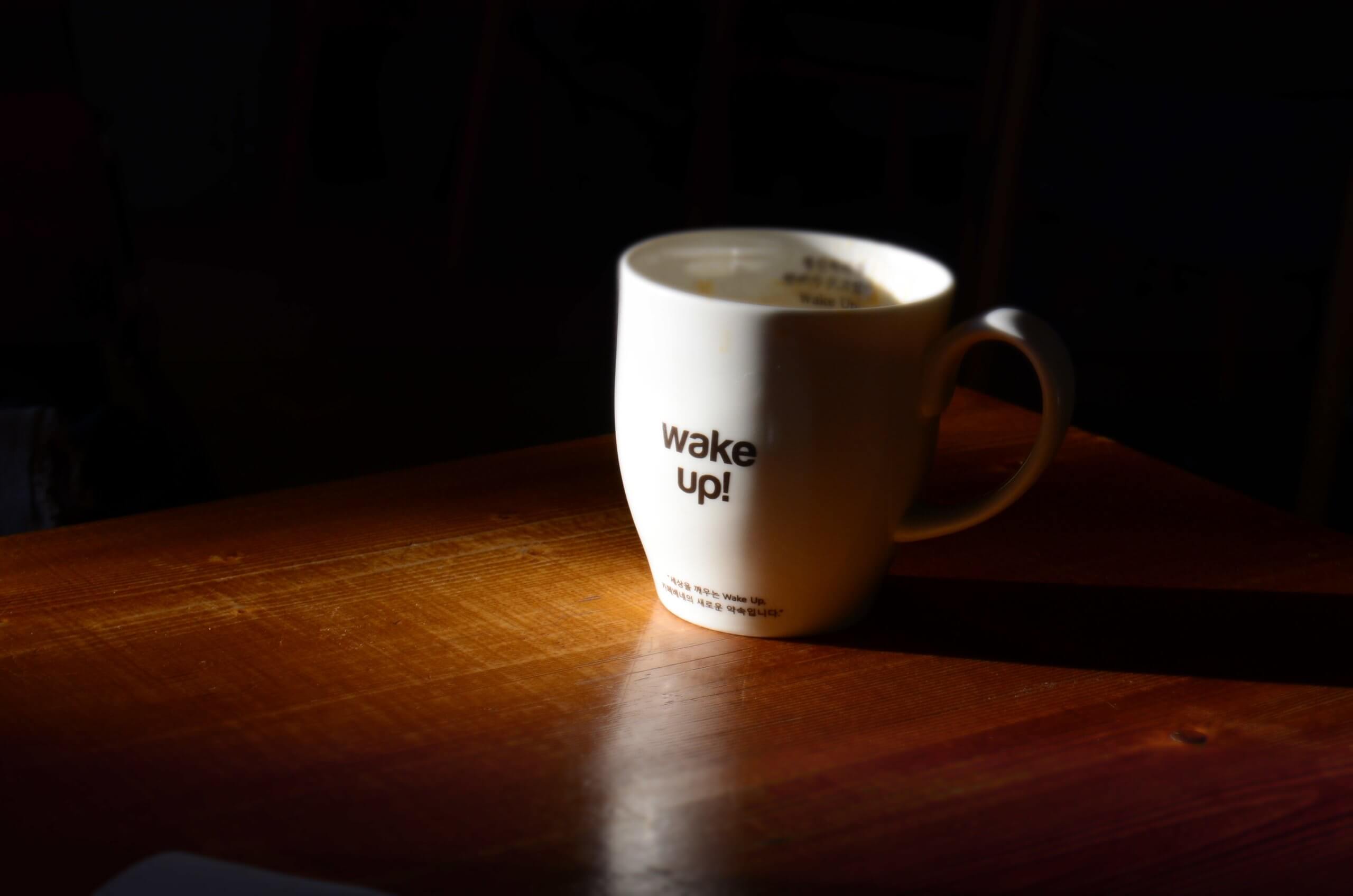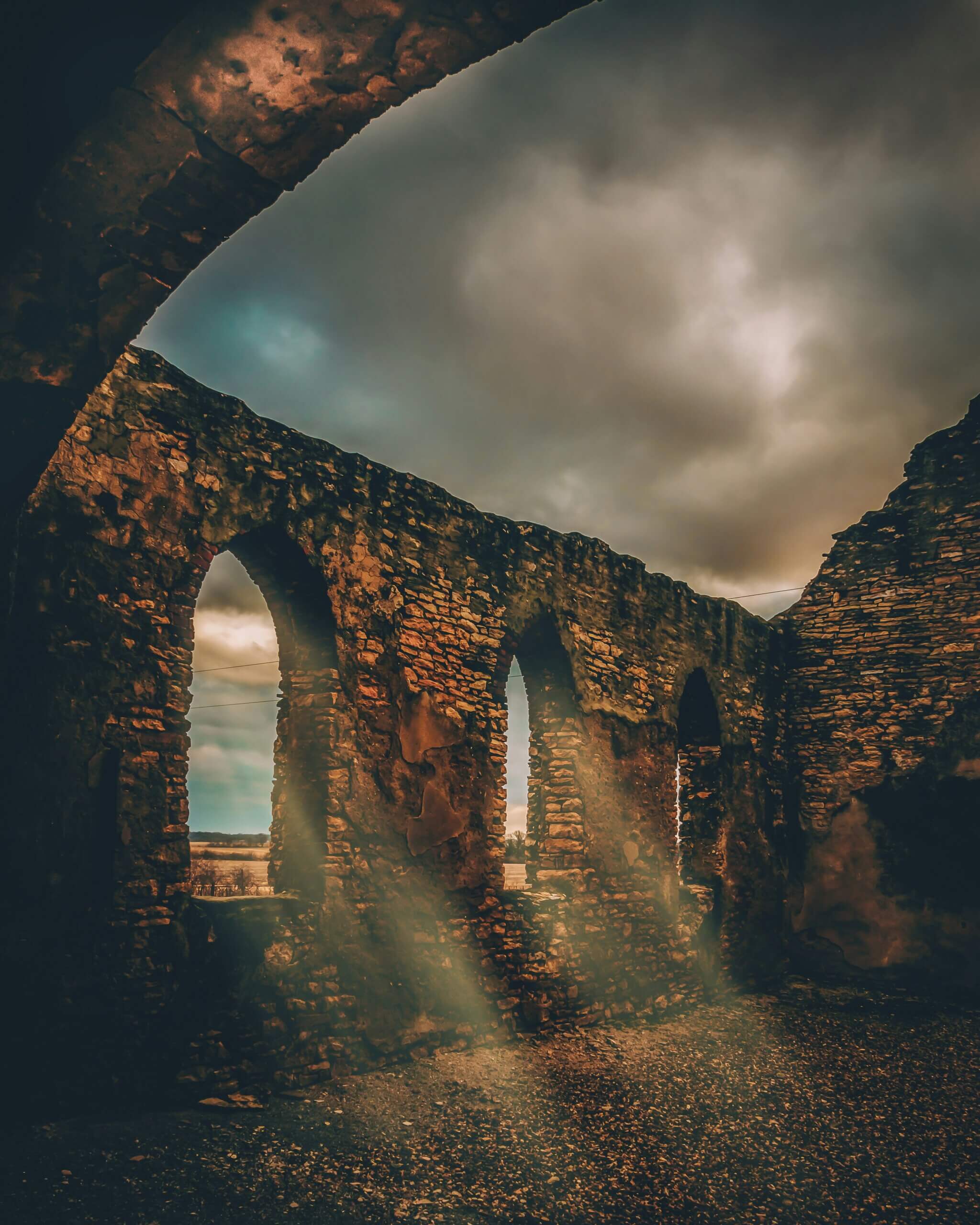It is now the hour to wake from your sleep!
That’s the summons from the readings at the beginning of this Advent, as we embark once again on a new cycle of the church’s year.
But this year I’d like to pose that question in a slightly different way. Are you “woke?” Being ‘Woke’ is connected with the word ‘awake’ but it means more than just being awake…
To “stay woke” is a phrase borrowed from African American Vernacular English. To be ‘woke’ means to be ever vigilant: and to live in a way that is not anaesthetized by, or subservient to the culture we live in, which for people of colour, means being particularly alert to its systemic racism. The first use of the woke appears in the song a 2008 album New Amerykah by soul singer Erykah Badu where she repeats the phrase: “I stay woke.”
After that, people of colour began using the word woke and stay woke in connection to social and racial justice issues and #StayWoke emerged as a widely used hashtag by groups like Black Lives Matter. Erykah Badu sent out a politically charged use of the phrase when she tweeted out in support of the Russian feminist group Pussy Riot: “Truth requires no belief. / Stay woke. Watch closely. /
So staying ‘woke’ is an edgy term designed to shock and disturb. And at the risk of an inappropriate cultural assimilation, I hear the Advent readings today as a call to all of us all to be ‘woke.’
Coming as it does in the Northern Hemisphere at a time of increasing darkness, when many of our sisters and brother creatures in the animal world choose a long period of hibernation closer to the warm heart of Mother Earth, it is tempting for us – and I speak for myself here – to cosy up to a fireside in warm slippers, and imbibe hot toddies.
But I know that our situation today is crying out for us to be ‘woke.’ To be Woke about climate change, of course, about violence against women and children, about rampant consumerism to name a few.
But as a thought for Advent 2019, I’d like to continue ruminating about the original context of the word ‘woke ’ as it’s used by people of colour: but to do this from my own context as a white person who is trying to be ‘woke’ about what it means to be white. And I’m trying to do this without falling into identity politics. Because being ‘woke’ about being white is much more than being aware of identity.
So what is ‘whiteness’ about? First of all, its a sense of belonging to the white tribe that rests on a foundational premise: the definition of whites as the norm or standard for the human, and so for indigenous people and people of colour as being a the deviation from the norm. And the unearned advantages that flow to me, to us, from this assumption of are rarely acknowledged.
As a white person in our society I am insulated from any burden of racism. So I have never had to build up an internal or external stamina about my race. But there is currently a dangerous resurgence of white identity and white power movements within Canada as well as south of the border. I think this is something that behooves as the white tribe, to be ‘woke’ about and own the fact that it is our tribe that is responsible for much systemic violence.
Last year a book called White Fragility was published, and it immediately hit the top of the best seller lists. The author, Robin d’Angelo, believes that we are at a critical moment when we need to confront the rise of far-right Nationalism particularly amongst young white males.
Because the notion that the white race is now fragile and under pressure from affirmative action, for example, has enabled young white males in particular to now claim to be the victims of a “politically correct society.” This is a clever but insidious twist in the foundational definition of Canadian settler society as multicultural. But here’s another question that I pose to myself as a settler member of the white tribe. Does the idea of ‘multiculturalism’ mean that I accept a variety of immigrants into Canada but still leave white supremacy comfortably intact?
“Aah” I hear you say…”But what about affirmative action? Surely that levels the playing field doesn’t it?”
Well not really…There is now an idea circulating, particularly amongst young working class whites that affirmative action for people of colour has meant that white people have been denied the jobs that they would have in the past filled because of some slanted standards of affirmative action in employment that are now unfairly weighted against them for no fault of their own. Donald Trump stirred up these white working class grievances with great success in the last US election, concealing the fact that it was actually changes in the market and not race based affirmative action that had made so many white working class men unemployable.
Another thought: when members of the white tribe commit acts of racist violence, these actions are regarded as ‘exceptional’ incidents, isolated from the normal, secure and peaceful mainstream society. And when white people, such as the shooter who killed six Muslim men at the Quebec mosque in 2017 perpetrate such acts, we so often view them as isolated incidents and we are not ‘woke’ to the fact that they are often the outcome of an assumed and structural white supremacy.
So how DOES systemic racism in Canada and elsewhere shape our lives, how do we uphold that system, and how might we interrupt it? These are hard and complex questions which cannot be answered in the short space of a single blog. But I am posing them in the context of the call of the season of Advent not just to ‘stay awake’ but also become ‘woke.’
The Advent readings are an invitation to a change that is both political as and personal. They speak of a hope for change within human history. They speak of the coming of God in the past, but also the continuing re-entry of God into the cycle of history. So we, here and now, are summoned to work with the Creator to co-create and repair the universe. The Jesus who was born at a certain time at a certain moment of history has not done all the heavy lifting for us. If this were the case, then Advent becomes just a countdown to celebrating the big event of a baby’s birth at Christmas.
Evolution is unfinished: the human race is unfinished. The fullness of Christ, the Human and Divine One whose earthly incarnation we celebrate at Christmas, is still incomplete. Christ’s life and teachings showed us how we can become fully woke within OUR world and continue to incarnate the divine in our times.
The Gospel is not finished yet. Advent is our chance to once again begin a renewed cycle of faith, hope and love for the year ahead. The vision of Isaiah, of the glorious gathering of all peoples on mountain of Yahweh, when swords shall become ploughshares is not yet realized. But if we travel along the path towards it as ‘woke’ people, we will be hastening its arrival, this Christmas and beyond.






